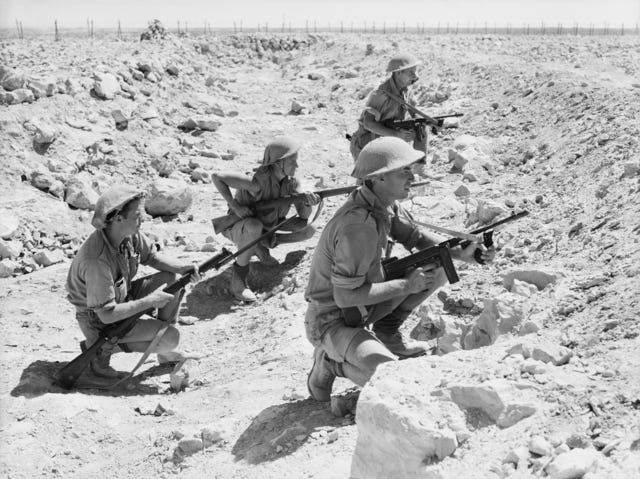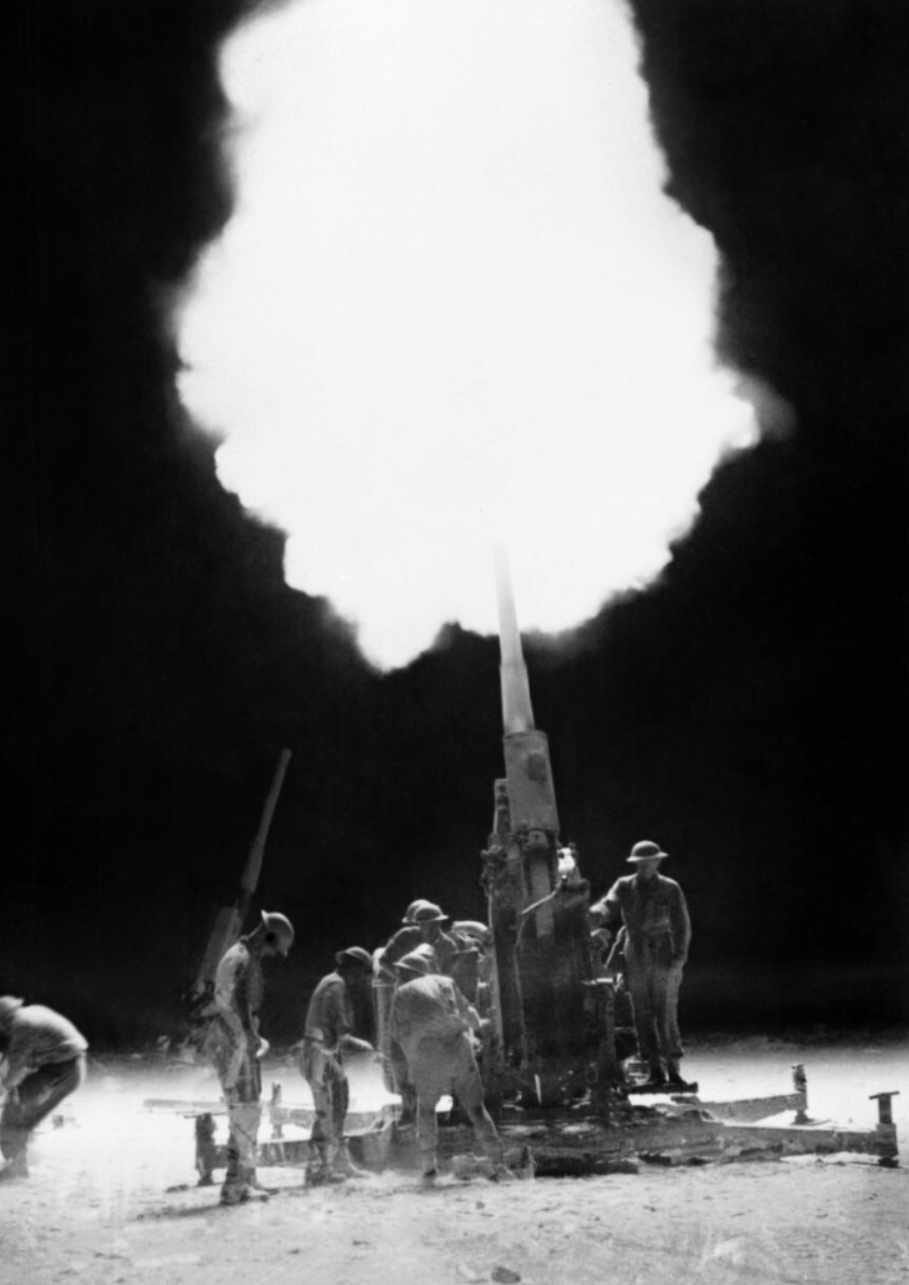Tobruk - the siege goes on
24th June 1941: Surrounded by the Afrika Korps, now invited to surrender
The attempt by Operation Battleaxe to break through to Tobruk had failed. Those remaining within the besieged fortress knew they faced a long hot summer in the Libyan desert. Stephen Dawson was one of them:
Tuesday 24th June 1941
Whilst out on a wadi-scramble with Stan Ling tonight, we found several German propaganda leaflets which had been dropped by plane. They bore an amusing resemblance – both in type and context – to the British leaflets dropped on Tobruch for the benefit of Iti [the Italians], last January. (How the tables are turned!)The leaflets that we found tonight read:-
AUSSIES
After Crete disaster Anzac troops are now being ruthlessly sacrificed by England in Tobruch and Syria.
Turkey has concluded pact of friendship with Germany. England will shortly be driven out of the Mediterranean.
Offensive to relieve you totally smashed.
YOU CANNOT ESCAPE
Our dive bombers are waiting to sink your transports. Think of your future and your people at home. Come forward – show white flags and you will be out of danger!
SURRENDER!
Stephen Dawson’s diary has been reproduced as a blog, see Soul of a Poet. The site itself is quite hard to navigate but the diary, as befits a poet, provides some unusual perspectives on life in the British army in the desert.
Another memory of life in Tobruk comes from Captain Brian Wyldbore-Smith, Staff Captain, 9th Australian Division:
The circumference of the Tobruk garrison was about twenty miles, and they probed, trying to break in and the artillery was used to break up attacks. We also used the 4.5s for counter-battery fire.
The OPs [Observation Posts] were up observation ladders because the desert was so flat. At the top of the ladder was a steel shield because they used to shoot at us with small arms. You climbed up the ladder in the dark, and then spent the day there. They used to shell the ladders; we had lots of ladders, so they wouldn’t know which one you were up. Some of them were twenty feet high. If you were lucky you were above the blast. I only did it occasionally, when my staff duties allowed.
You talked to the guns by telephone. The maps were quite good by then. You could see the German positions, dug in with minefields and wire.
You got shelled and bombed almost every night, so you spent the night in a dugout. Everything of any value was dug in, so we didn’t lose much. Except when a ship came in, usually a destroyer, and they shelled like mad and sometimes hit unloading parties and stores.
This account appears in Forgotten Voices, Desert Victory.




